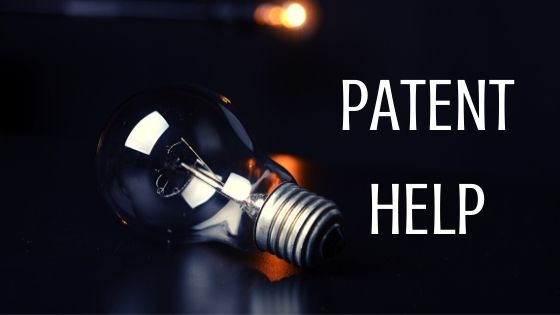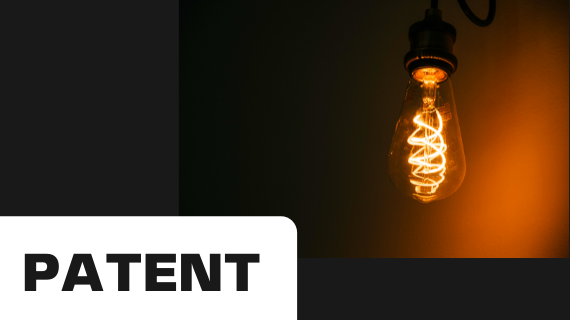
Is My Invention Truly Novel and Non-Obvious?
In order to be eligible for a patent, your invention must be unique and non-obvious. There’s an old expression that goes: “there’s nothing new under the sun.” This expression is meant to suggest that most “new ideas” are not really new. With close to 7 million issued patents, it is not surprising that many patent applications are rejected for lack of novelty or for being obvious. A preliminary patentability search is therefore a critical first step before investing in a patent application.
Patent searches are conducted by Patent Examiners who are intimately familiar with the Patent Office Classification System and who are skilled at using the Advanced Search Tools provided at the U.S. Patent Office. Searchers are instructed to find any issued patents, patent applications or other published references that describe your invention or a significant feature of your invention. Patent Attorneys will also give you an honest assessment of your chances of getting a patent in light of what is discovered during the search.
Is My Invention Marketable?
Even if your invention is patentable, you should consider whether it is marketable as you can read from this article on http://classifieds.usatoday.com/blog/business-spotlight/business-spotlight-inventhelp/. A significant number of inventions that get patented are never successfully marketed. Although some inventors are satisfied with simply getting a patent, the expense of obtaining a patent should compel one to consider whether the patent will generate revenue.

When evaluating the market for your invention, you should consider both the U.S. market and foreign markets. If you believe that your invention could be successfully marketed abroad, your patent attorney can discuss filing patents in those countries, or filing an international patent application under the Patent Cooperation Treaty.
Consider Filing a Provisional Patent Application
A Provisional Patent Application is a quick and economical way of securing a filing date with the U.S. Patent Office, as well as “patent pending” status, before filing a formal Non-provisional Patent Application. Once you’ve filed a Provisional Patent Application, you can conduct market studies on your invention without jeopardizing your patent rights.
At the same time, you don’t have to worry about someone stealing your idea and filing a patent application on it since you’ve already filed an application. It is also reassuring to know that another inventor can’t come along and file a patent application on a similar or identical invention before your application is filed.
Please note that once you’ve filed a Provisional Patent Application you have 12 months from the filing date of the Provisional to file a formal Non-provisional Patent Application. If you miss the deadline, you lose your Provisional Application filing date as explained on https://www.collegian.psu.edu/xpert_advice/article_1c0ae35e-1916-11e9-a355-13e0947b8cdc.html. Furthermore, if you disclosed your invention, you risk a 35 U.S.C. 102(b) statutory bar to filing a Patent Application. Therefore, please consult with a Patent Attorney before the 12 month period expires.


